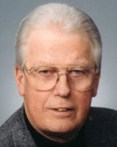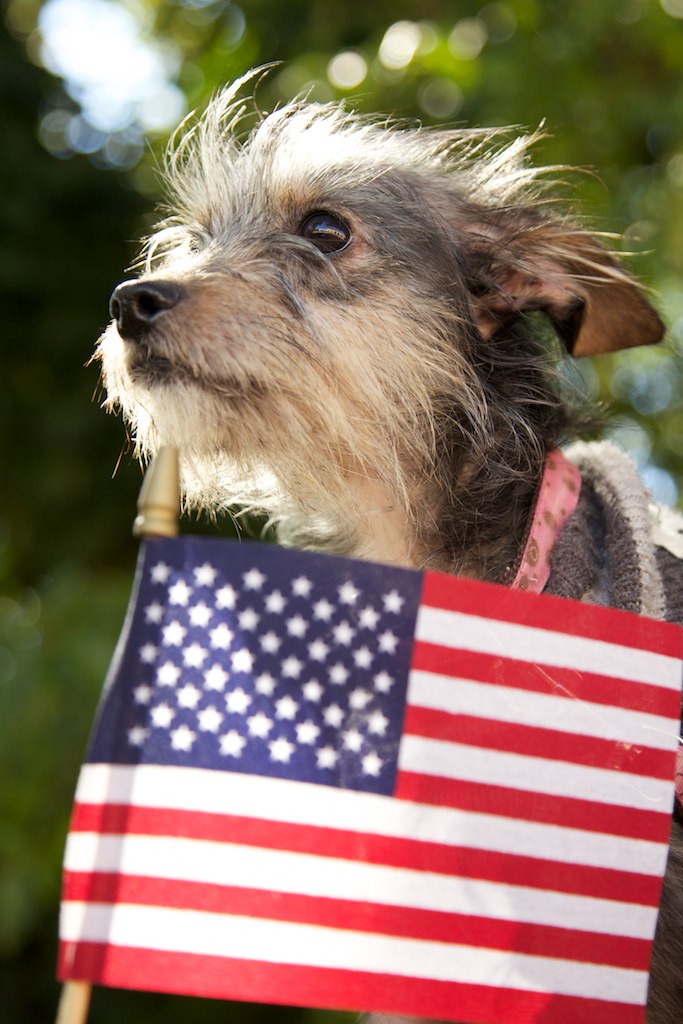On Nov 13, 2010 Lt General John Kelly, USMC gave a speech to the Semper Fi
Society of St. Louis, MO. This was 4 days after his son, Lt Robert Kelly,
USMC was killed by an IED while on his 3rd Combat tour. During his speech,
General Kelly spoke about the dedication and valor of the young men and women who step forward each and every day to protect us. During the speech, he never mentioned the loss of his own son. He closed the speech with the moving account of the last 6 seconds in the lives of 2 young Marines who died with rifles blazing to protect their brother Marines.
“I will leave you with a story about the kind of people they are. About the
quality of the steel in their backs. About the kind of dedication they bring
to our country while they serve in uniform and forever after as veterans.
Two years ago when I was the Commander of all U.S. and Iraqi forces, in
fact, the 22nd of April 2008, two Marine infantry battalions, 1/9 “The
Walking Dead,” and 2/8 were switching out in Ramadi. One battalion in the
closing days of their deployment going home very soon, the other just
starting its seven-month combat tour. Two Marines, Corporal Jonathan Yale
and Lance Corporal Jordan Haerter, 22 and 20 years old respectively, one
from each battalion, were assuming the watch together at the entrance gate
of an outpost that contained a makeshift barracks housing 50 Marines. The same broken down ramshackle building was also home to 100 Iraqi police, also my men and our allies in the fight against the terrorists in Ramadi, a city until recently the most dangerous city on earth and owned by Al Qaeda.
Yale was a dirt poor mixed-race kid from Virginia with a wife and daughter,
and a mother and sister who lived with him and he supported as well. He did
this on a yearly salary of less than $23,000. Haerter, on the other hand,
was a middle class white kid from Long Island. They were from two
completely different worlds. Had they not joined the Marines they would
never have met each other, or understood that multiple America’s exist
simultaneously depending on one’s race, education level, economic status,
and where you might have been born. But they were Marines, combat Marines,
forged in the same crucible of Marine training, and because of this bond
they were brothers as close, or closer, than if they were born of the same
woman.
The mission orders they received from the sergeant squad leader I am sure
went something like: “Okay you two clowns, stand this post and let no
unauthorized personnel or vehicles pass.” “You clear?” I am also sure Yale and Haerter then rolled their eyes and said in unison something like:
“Yes Sergeant,” with just enough attitude that made the point without saying the words, “No kidding sweetheart, we know what we’re doing.” They then relieved two other Marines on watch and took up their post at the entry control point of Joint Security Station Nasser, in the Sophia section of
Ramadi, Al Anbar, Iraq.
A few minutes later a large blue truck turned down the alley way-perhaps
60-70 yards in length-and sped its way through the serpentine of concrete
jersey walls. The truck stopped just short of where the two were posted and
detonated, killing them both catastrophically. Twenty-four brick masonry houses were damaged or destroyed. A mosque 100 yards away collapsed. The truck’s engine came to rest two hundred yards away knocking most of a house down before it stopped. Our explosive experts reckoned the blast was made
of 2,000 pounds of explosives. Two died, and because these two young
infantrymen didn’t have it in their DNA to run from danger, they saved 150
of their Iraqi and American brothers-in-arms.
When I read the situation report about the incident a few hours after it
happened I called the regimental commander for details as something about
this struck me as different. Marines dying or being seriously wounded is
commonplace in combat. We expect Marines regardless of rank or MOS to stand their ground and do their duty, and even die in the process, if that is what the mission takes. But this just seemed different. The regimental
commander had just returned from the site and he agreed, but reported that
there were no American witnesses to the event-just Iraqi police. I figured
if there was any chance of finding out what actually happened and then to
decorate the two Marines to acknowledge their bravery, I’d have to do it as
a combat award that requires two eye-witnesses and we figured the
bureaucrats back in Washington would never buy Iraqi statements. If it had
any chance at all, it had to come under the signature of a general officer.
I traveled to Ramadi the next day and spoke individually to a half-dozen
Iraqi police all of whom told the same story. The blue truck turned down
into the alley and immediately sped up as it made its way through the
serpentine. They all said, “We knew immediately what was going on as soon
as the two Marines began firing.” The Iraqi police then related that some
of them also fired, and then to a man, ran for safety just prior to the
explosion. All survived. Many were injured.some seriously. One of the
Iraqis elaborated and with tears welling up said, “They’d run like any
normal man would to save his life.” “What he didn’t know until then,” he
said, “and what he learned that very instant, was that Marines are not
normal.” Choking past the emotion he said, “Sir, in the name of God no sane
man would have stood there and done what they did.” “No sane man.”
“They saved us all.”
What we didn’t know at the time, and only learned a couple of days later
after I wrote a summary and submitted both Yale and Haerter for posthumous
Navy Crosses, was that one of our security cameras, damaged initially in the blast, recorded some of the suicide attack. It happened exactly as the
Iraqis had described it. It took exactly six seconds from when the truck
entered the alley until it detonated.
You can watch the last six seconds of their young lives. Putting myself in
their heads I supposed it took about a second for the two Marines to
separately come to the same conclusion about what was going on once the
truck came into their view at the far end of the alley. Exactly no time to
talk it over, or call the sergeant to ask what they should do. Only enough
time to take half an instant and think about what the sergeant told them to
do only a few minutes before: “.let no unauthorized personnel or vehicles
pass.” The two Marines had about five seconds left to live.
It took maybe another two seconds for them to present their weapons, take
aim, and open up. By this time the truck was half-way through the barriers
and gaining speed the whole time. Here, the recording shows a number of
Iraqi police, some of whom had fired their AKs, now scattering like the
normal and rational men they were-some running right past the Marines.
They had three seconds left to live.
For about two seconds more, the recording shows the Marines’ weapons firing non-stop.the truck’s windshield exploding into shards of glass as their
rounds take it apart and tore in to the body of the SOB who is trying to get
past them to kill their brothers-American and Iraqi-bedded down in the
barracks totally unaware of the fact that their lives at that moment
depended entirely on two Marines standing their ground. If they had been
aware, they would have known they were safe.because two Marines stood
between them and a crazed suicide bomber. The recording shows the truck
careening to a stop immediately in front of the two Marines. In all of the
instantaneous violence Yale and Haerter never hesitated. By all reports and
by the recording, they never stepped back. They never even started to step
aside. They never even shifted their weight. With their feet spread
shoulder width apart, they leaned into the danger, firing as fast as they
could work their weapons. They had only one second left to live.
The truck explodes. The camera goes blank. Two young men go to their God.
Six seconds. Not enough time to think about their families, their country,
their flag, or about their lives or their deaths, but more than enough time
for two very brave young men to do their duty.into eternity. That is the
kind of people who are on watch all over the world tonight-for you.
We Marines believe that God gave America the greatest gift he could bestow to man while he lived on this earth-freedom. We also believe he gave us another gift nearly as precious-our soldiers, sailors, airmen, Coast
Guardsmen, and Marines-to safeguard that gift and guarantee no force on this
earth can every steal it away. It has been my distinct honor to have been
with you here today. Rest assured our America, this experiment in democracy
started over two centuries ago, will forever remain the “land of the free
and home of the brave” so long as we never run out of tough young Americans
who are willing to look beyond their own self-interest and comfortable
lives, and go into the darkest and most dangerous places on earth to hunt
down, and kill, those who would do us harm.
God Bless America, and..SEMPER FIDELIS!”
Patrick T. Malone is the co-author of the new book Cracking the Code to Leadership and a Senior Partner at The PAR Group, an international training firm headquartered in Atlanta. He may be contacted at patrick.malone@thepargroup.com.
The PAR Group
4936 President’s Way
Tucker, GA 30084
800-247-7188
770-493-7188
770-493-9152(fax)







